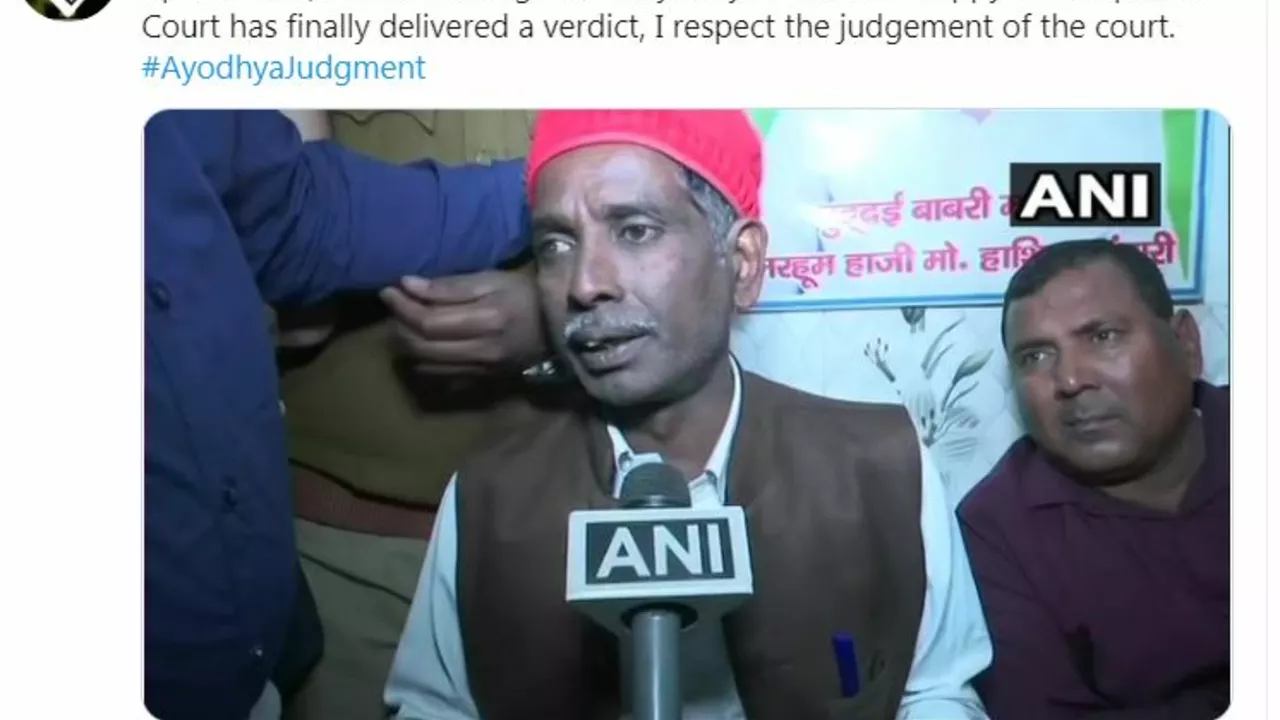Introduction: The Ayodhya Title Suit
As we brace ourselves for the imminent verdict on the Ayodhya title suit, it is crucial to understand the background of this historical and controversial dispute. The Ayodhya title suit is a legal dispute concerning a plot of land in the city of Ayodhya, Uttar Pradesh, India. The controversy that has engulfed this plot is due to the claims of three major religious communities: Hindus, Muslims, and a sect of Hindus known as the Nirmohi Akhara.
Origin of the Dispute
The dispute over the Ayodhya land can be traced back to the 16th century, when the Babri Masjid was built on the contested land. Hindus claim that the mosque was built after demolishing a temple that marked the birthplace of Lord Rama, a significant deity in Hinduism. On the other hand, Muslims argue that the Babri Masjid was built on vacant land.
Historical Controversies and Conflicts
The Ayodhya dispute has led to numerous communal clashes over the years. The demolition of the Babri Masjid in 1992 by Hindu nationalists led to widespread riots across the country, resulting in the loss of many lives. The incident has since remained a point of contention between the Hindu and Muslim communities.
The Ayodhya Title Suit: A Legal Perspective
The legal proceedings in the Ayodhya title suit began in 1950, when Gopal Singh Visharad, a devotee of Lord Rama, filed a civil suit in the Faizabad court seeking the right to worship the idols installed at 'Asthan Janmabhoomi'. Over the years, multiple lawsuits were filed and merged into the title suit, making it one of the most complex and prolonged legal battles in India.
Role of Archaeological Survey of India (ASI)
The Archaeological Survey of India (ASI) played a pivotal role in shaping the Ayodhya title suit. In 2003, the ASI was directed by the Allahabad High Court to conduct a detailed excavation of the disputed site to determine if a Hindu temple existed there prior to the construction of the Babri Masjid. The ASI report indicated the presence of a massive structure beneath the mosque, further complicating the dispute.
The Allahabad High Court Verdict
In 2010, the Allahabad High Court delivered a significant verdict on the Ayodhya title suit. The court divided the disputed land into three parts, giving one-third each to the Sunni Waqf Board, Nirmohi Akhara, and the party representing 'Ram Lalla Virajman'. However, all three parties were dissatisfied with the verdict and appealed to the Supreme Court.
The Supreme Court Hearings
The Supreme Court started hearing the Ayodhya title suit in August 2019. The hearings were conducted on a day-to-day basis and finally concluded in October 2019. The court heard arguments from all parties involved in the dispute, including the Hindu and Muslim communities and the Nirmohi Akhara.
Anticipation for the Supreme Court Verdict
As the Supreme Court is set to deliver its verdict, the entire nation is on tenterhooks. The verdict will not only decide the fate of the disputed land but is also expected to bring closure to a dispute that has led to widespread communal tension and violence over the years.
Conclusion: The Impact of the Verdict
Regardless of the outcome, the Supreme Court verdict on the Ayodhya title suit is expected to have far-reaching implications. It is not just about a piece of land; it's about the centuries-old religious sentiments of millions of Indians. It is hoped that the verdict will be accepted with grace and respect by all communities, leading to lasting peace and harmony in the country.
